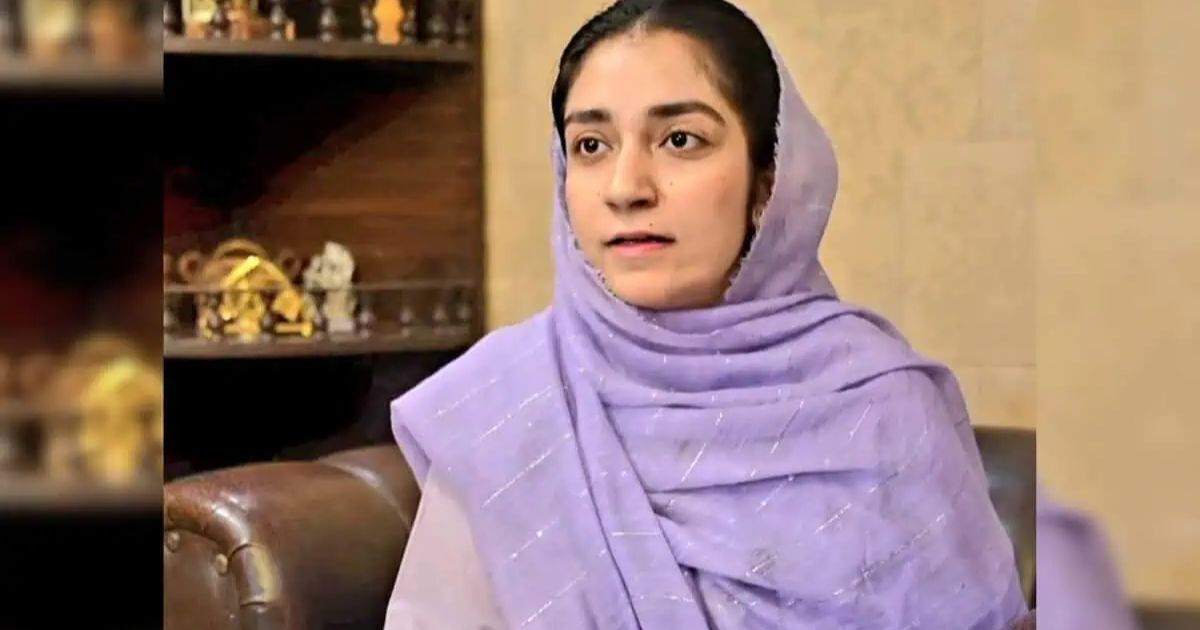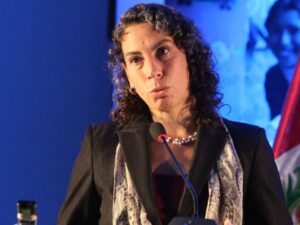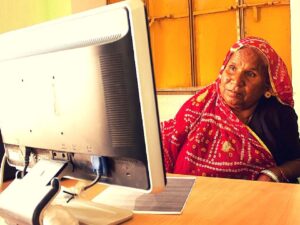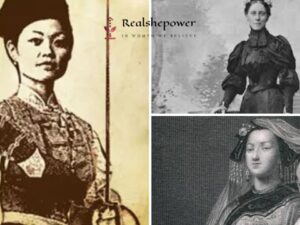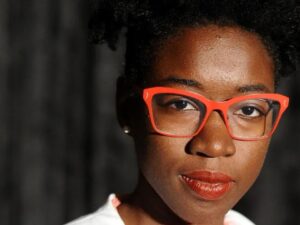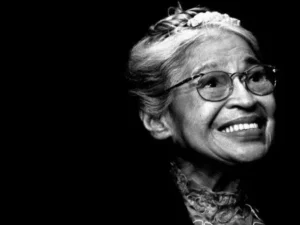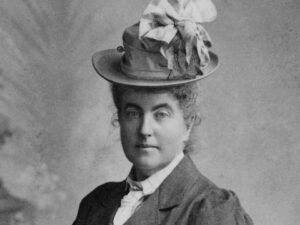In a historic milestone for Pakistan’s Balochistan province, 25-year-old Kashish Chaudhary has become the first Hindu woman to be appointed as an Assistant Commissioner, breaking barriers in a region where women’s representation in governance has been limited. Her appointment, announced in May 2025, has sparked widespread celebration and ignited discussions about women’s empowerment, education, and the challenges of gender equality in Pakistan’s civil services. This article delves into Kashish Chaudhary’s remarkable journey, the broader context of women’s issues in Balochistan, and the significance of her achievement in inspiring change.
Who is Kashish Chaudhary? A Beacon of Resilience
Kashish Chaudhary, hailing from Noshki in Balochistan, is a testament to perseverance and ambition. Born into a minority Hindu community in a province marked by socio-economic challenges and security concerns, Kashish faced significant obstacles. She spent three years preparing rigorously for Pakistan’s highly competitive Central Superior Services (CSS) examination, a gateway to prestigious civil service roles. Her success in clearing the exam and securing the position of Assistant Commissioner marks a historic first for Hindu women in Balochistan, a province where ethnic and religious minorities often face systemic barriers.
In a post on X dated May 14, 2025, journalist Nabila Jamal highlighted Kashish’s journey, noting, “From Noshki, says she toiled for 3 years to clear civil service exam. Her goal is to uplift women through education”. Kashish’s stated mission is to empower women in Balochistan through education, a cause she sees as critical to transforming the region’s socio-economic landscape. Her appointment has been hailed as a symbol of hope, particularly for young women in marginalized communities, and a step toward greater inclusivity in Pakistan’s bureaucracy.
The Significance of Kashish Chaudhary ’s Achievement
Kashish’s appointment is not just a personal triumph but a landmark moment for gender and minority representation in Pakistan. Balochistan, Pakistan’s largest but least populous province, has historically lagged in gender equality metrics. According to a 2023 UNICEF report, only 27% of women in Balochistan are literate, compared to 51% of men, and female participation in the workforce remains below 20%. The province also faces challenges like early marriages, limited access to education, and cultural norms that restrict women’s mobility.
For a Hindu woman to rise to a senior administrative role in such a context is extraordinary. The Assistant Commissioner position involves significant responsibilities, including overseeing district administration, implementing government policies, and addressing public grievances. Kashish’s role places her at the forefront of decision-making, where she can directly influence policies affecting women and minorities. Her achievement challenges stereotypes and sets a precedent for other women, particularly from minority communities, to aspire to leadership roles.
On social media, users celebrated her milestone, with one post stating, “Balochistan rewriting the story”. Others emphasized the ripple effect of her success, with comments like, “Kashish Chaudhary is proof that education can break any barrier. She’s an inspiration for Balochistan’s girls.” These reactions underscore the public’s recognition of her role in reshaping narratives around women’s potential in Pakistan.
The Broader Context: Women’s Issues in Balochistan
Kashish’s story shines a spotlight on the pressing challenges facing women in Balochistan, where systemic issues hinder gender equality. Below are key women’s issues in the region, which Kashish’s appointment and advocacy aim to address:
1. Limited Access to Education
Education remains a significant barrier for women in Balochistan. According to UNESCO, only 23% of girls in the province complete primary education, and dropout rates are high due to poverty, early marriages, and a lack of schools in rural areas. Kashish’s emphasis on education as a tool for empowerment aligns with the need for systemic reforms, such as increasing funding for girls’ schools and providing scholarships for underprivileged students.
2. Gender-Based Violence
Gender-based violence, including domestic abuse and honor killings, remains a critical issue in Balochistan. A 2024 Human Rights Watch report highlighted the lack of safe spaces and legal recourse for women in rural areas, where tribal customs often supersede formal laws. Kashish’s role as Assistant Commissioner could help strengthen enforcement of laws protecting women and promote awareness of their rights.
3. Economic Disempowerment
Women in Balochistan have limited economic opportunities, with many confined to informal or unpaid labor. Initiatives like microfinance programs and vocational training, which Kashish has expressed interest in promoting, could empower women to achieve financial independence and contribute to the province’s economy.
4. Minority Challenges
As a Hindu woman, Kashish represents a double minority in a predominantly Muslim province. Religious minorities in Pakistan face discrimination, including limited access to jobs and public services. Her appointment challenges these barriers and could pave the way for greater inclusion of minority women in governance.
Kashish’s Vision: Uplifting Women Through Education
Kashish Chaudhary’s stated goal is to uplift women through education, a mission that resonates with global and local efforts to address gender disparities. In interviews shared on X, she emphasized the transformative power of education, saying, “If we educate our girls, we empower entire communities.” Her vision includes advocating for policies that increase access to quality education, particularly in rural areas, and creating opportunities for women to enter professional fields.
Her role as Assistant Commissioner gives her a platform to influence policy at the district level. Potential initiatives could include:
- Establishing Girls’ Schools: Collaborating with NGOs and government bodies to build schools in underserved areas.
- Awareness Campaigns: Promoting the importance of girls’ education through community outreach.
- Vocational Training: Supporting programs that equip women with skills for employment in sectors like healthcare, education, and technology.
- Mentorship Programs: Creating networks for young women to connect with role models like herself.
Her appointment also aligns with broader global movements, such as the UN’s push for gender equality by 2030, as outlined in a March 2025 report highlighting the need to combat discrimination in education and employment. Kashish’s work could contribute to these goals by addressing local challenges with tangible solutions.
Public Sentiment and Social Media Buzz
The announcement of Kashish’s appointment generated significant buzz on X, reflecting a mix of pride, inspiration, and calls for systemic change. Posts celebrated her as a trailblazer, with one user writing, “Kashish Chaudhary’s story is a slap in the face of those who think women from Balochistan can’t lead.” Others highlighted the challenges she faces, noting, “She’s breaking barriers in a tough province. Let’s hope she gets the support to make real change.” These sentiments reflect a growing demand for women’s representation in Pakistan’s governance and admiration for Kashish’s resilience.
However, some posts on X also raised concerns about the broader challenges women face in Balochistan, with users pointing to the need for systemic reforms beyond individual achievements. One comment read, “Kashish is a start, but Balochistan needs more schools, safer spaces, and jobs for women.” This underscores the dual narrative surrounding her appointment: celebration of her success and recognition of the structural barriers that remain.
Challenges Ahead for Kashish Chaudhary and Women in Balochistan
While Kashish’s achievement is groundbreaking, she faces significant challenges in her role and mission:
- Security Concerns: Balochistan’s volatile security situation, marked by insurgency and militancy, could complicate her administrative duties and outreach efforts.
- Cultural Resistance: Deep-rooted patriarchal norms may resist her initiatives, particularly in rural areas where tribal leaders hold sway.
- Resource Constraints: Limited funding and infrastructure in Balochistan could hinder her ability to implement educational and empowerment programs.
- Political Pressures: As a minority woman in a high-profile role, Kashish may face scrutiny from political factions and bureaucratic challenges.
Despite these hurdles, her determination and public support position her as a catalyst for change. Her success in navigating these challenges could inspire a new generation of women leaders in Pakistan.
The Global Context: Women Achievers Breaking Barriers
Kashish’s story aligns with global efforts to recognize and uplift women achievers. For instance, on May 26, 2025, PNGI’s 5th Women Achievers Award Ceremony celebrated women leaders across industries, highlighting their contributions to empowerment. Similarly, Professor Wang Xiaoyun of Tsinghua University was awarded the 2025 L’Oréal-UNESCO Women in Science Award for her work in cryptography, inspiring women in STEM. These examples underscore a growing global recognition of women’s contributions, from governance to science, and Kashish’s appointment adds to this narrative.
In the context of women’s issues, her story also resonates with ongoing struggles for gender equality. A March 2025 UN report noted that women’s rights remain under attack globally, with discrimination embedded in economies and societies. Kashish’s focus on education aligns with the UN’s roadmap to achieve gender equality by 2030, emphasizing the need for systemic change to empower women.
Conclusion
Kashish Chaudhary’s appointment as Balochistan’s first Hindu woman Assistant Commissioner is a historic milestone that transcends personal achievement. It is a beacon of hope for women and minorities in Pakistan, particularly in a province grappling with educational, economic, and social challenges. Her commitment to uplifting women through education addresses one of Balochistan’s most pressing issues and aligns with global calls for gender equality. As she navigates the complexities of her role, Kashish’s journey will inspire countless others to break barriers and pursue their dreams.
Featured Image: Siasat.com

